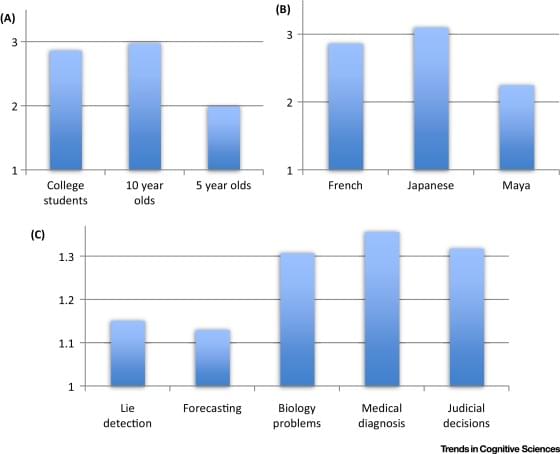The argumentative theory of reasoning suggests that the main function of reasoning is to exchange arguments with others. This theory explains key properties of reasoning. When reasoners produce arguments, they are biased and lazy, as can be expected if reasoning is a mechanism that aims at convincing others in interactive contexts. By contrast, reasoners are more objective and demanding when they evaluate arguments provided by others. This fundamental asymmetry between production and evaluation explains the effects of reasoning in different contexts: the more debate and conflict between opinions there is, the more argument evaluation prevails over argument production, resulting in better outcomes.
